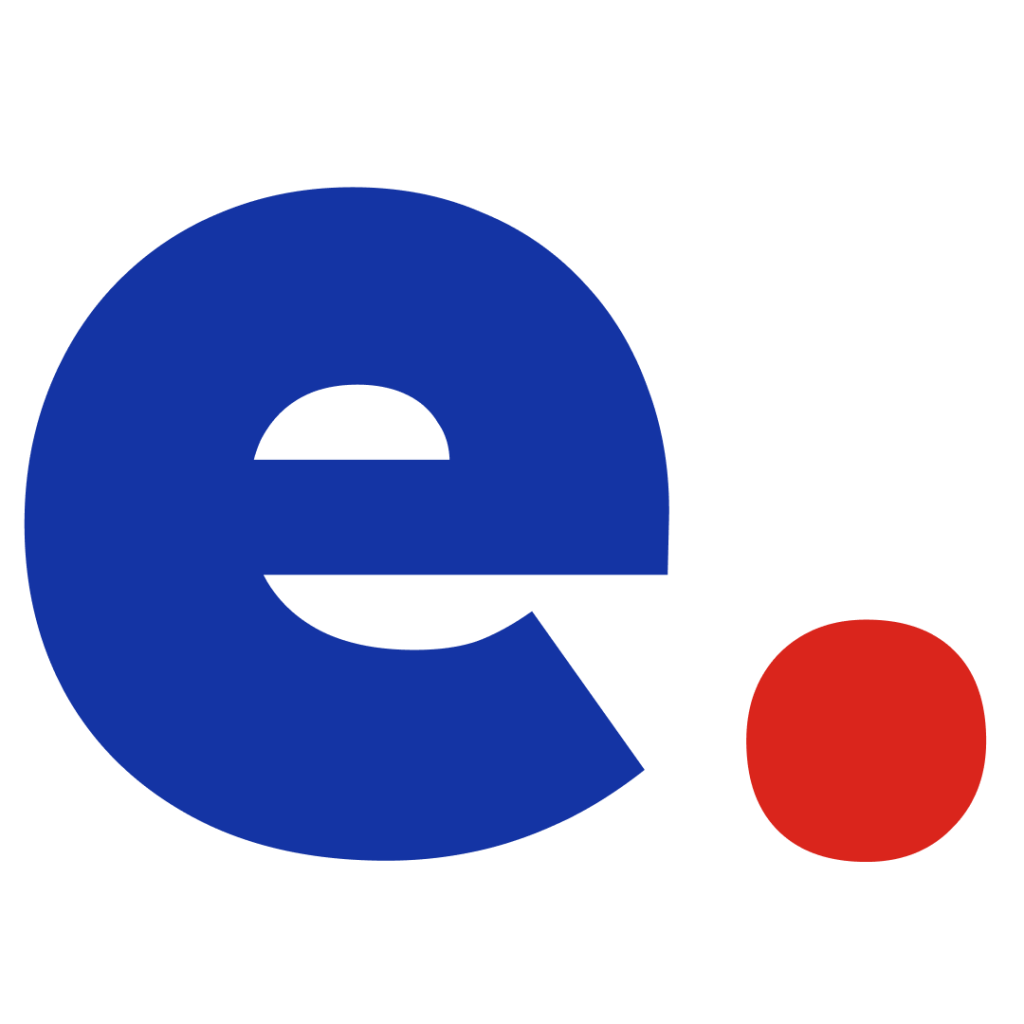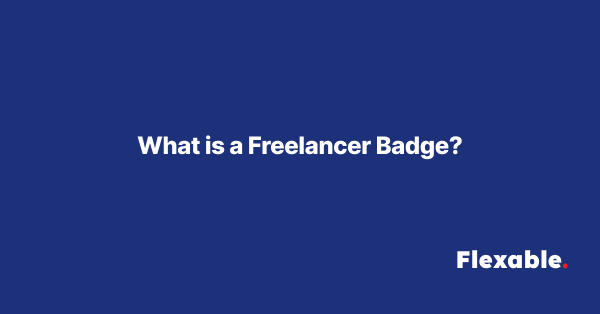A freelancer badge is a digital credential or icon awarded to freelancers on online marketplaces to signify their skills, experience, achievements, or trustworthiness. These badges are prominently displayed on a freelancer’s profile, helping them stand out in a competitive marketplace. Freelancer badges not only enhance a freelancer’s credibility but also build trust with potential clients, making it easier to secure projects.
This article explores the concept of freelancer badges, their types, benefits, and how they impact freelancers and clients in the gig economy.
The Purpose of Freelancer Badges
Freelancer badges serve several important functions:
- Highlighting Expertise:
- Badges provide a quick way for clients to identify skilled freelancers with proven credentials.
- Building Trust:
- By verifying skills or achievements, badges act as a form of endorsement from the platform.
- Encouraging Engagement:
- Badges can incentivize freelancers to meet certain milestones or improve their profiles to gain more visibility.
- Simplifying Selection for Clients:
- Clients can use badges as a filter to identify top talent or specific qualifications for their projects.
Types of Freelancer Badges
Freelancer marketplaces offer various types of badges, each serving a distinct purpose. Here are the most common ones:
- Skill-Based Badges:
- These badges are awarded to freelancers who pass specific skill tests or certifications. For example:
- Programming languages like Python or Java.
- Creative skills like graphic design or copywriting.
- These badges are awarded to freelancers who pass specific skill tests or certifications. For example:
- Performance Badges:
- Recognize high-performing freelancers based on metrics such as:
- Consistently positive client reviews.
- On-time project delivery.
- High earnings or repeat clients.
- Recognize high-performing freelancers based on metrics such as:
- Verification Badges:
- Indicate that a freelancer has undergone identity verification or provided necessary documents, such as:
- ID verification.
- Proof of professional qualifications.
- Indicate that a freelancer has undergone identity verification or provided necessary documents, such as:
- Achievement Badges:
- Awarded for reaching significant milestones, such as:
- Completing a specific number of projects.
- Earning a certain amount of revenue.
- Awarded for reaching significant milestones, such as:
- Membership or Subscription Badges:
- Exclusive to freelancers who subscribe to premium membership plans, offering additional perks like increased visibility.
- Specialty Badges:
- Highlight niche skills or expertise, such as fluency in multiple languages or experience in a specific industry.
Benefits of Freelancer Badges
Freelancer badges offer advantages for both freelancers and clients, making them a valuable feature of online marketplaces.
For Freelancers:
- Increased Credibility:
- Badges validate skills and achievements, reassuring clients of a freelancer’s capabilities.
- Higher Visibility:
- Profiles with badges often appear higher in search results or are featured prominently on the platform.
- Competitive Advantage:
- Badges help freelancers stand out in crowded marketplaces, increasing their chances of securing projects.
- Client Trust:
- Verified badges signal reliability, reducing client hesitation in hiring.
For Clients:
- Simplified Hiring Process:
- Badges act as an easy way to identify qualified and experienced freelancers.
- Reduced Risk:
- Badges for verified identities or skills provide clients with added confidence.
- Improved Outcomes:
- By selecting freelancers with proven track records, clients are more likely to achieve desired results.
Challenges and Limitations of Freelancer Badges
While freelancer badges are valuable, they are not without limitations:
- Overemphasis on Badges:
- Some clients may focus solely on badges, overlooking talented freelancers without them.
- Platform Dependence:
- Badges are specific to individual platforms and may not carry weight outside the platform.
- Gaming the System:
- Some freelancers might attempt to earn badges through unethical means, such as hiring third parties to complete skill tests.
- Cost Barriers:
- Some badges may require paid tests or premium memberships, which can exclude freelancers with limited budgets.
How to Earn Freelancer Badges
- Complete Skill Tests:
- Take platform-specific tests to demonstrate proficiency in relevant skills.
- Maintain High Performance:
- Deliver projects on time, maintain positive reviews, and aim for repeat clients.
- Verify Your Profile:
- Complete identity verification and provide necessary documentation.
- Invest in Premium Memberships:
- Consider upgrading to premium plans if they offer badges or enhanced visibility as part of their benefits.
- Specialize in Niche Skills:
- Focus on developing expertise in high-demand, niche areas to qualify for specialty badges.
Conclusion
Freelancer badges play a crucial role in today’s gig economy, helping freelancers showcase their abilities and making it easier for clients to identify top talent. While not a definitive measure of a freelancer’s capabilities, badges provide valuable signals of trust, expertise, and reliability. By understanding and leveraging badges effectively, freelancers can enhance their profiles, attract more clients, and succeed in competitive marketplaces.

